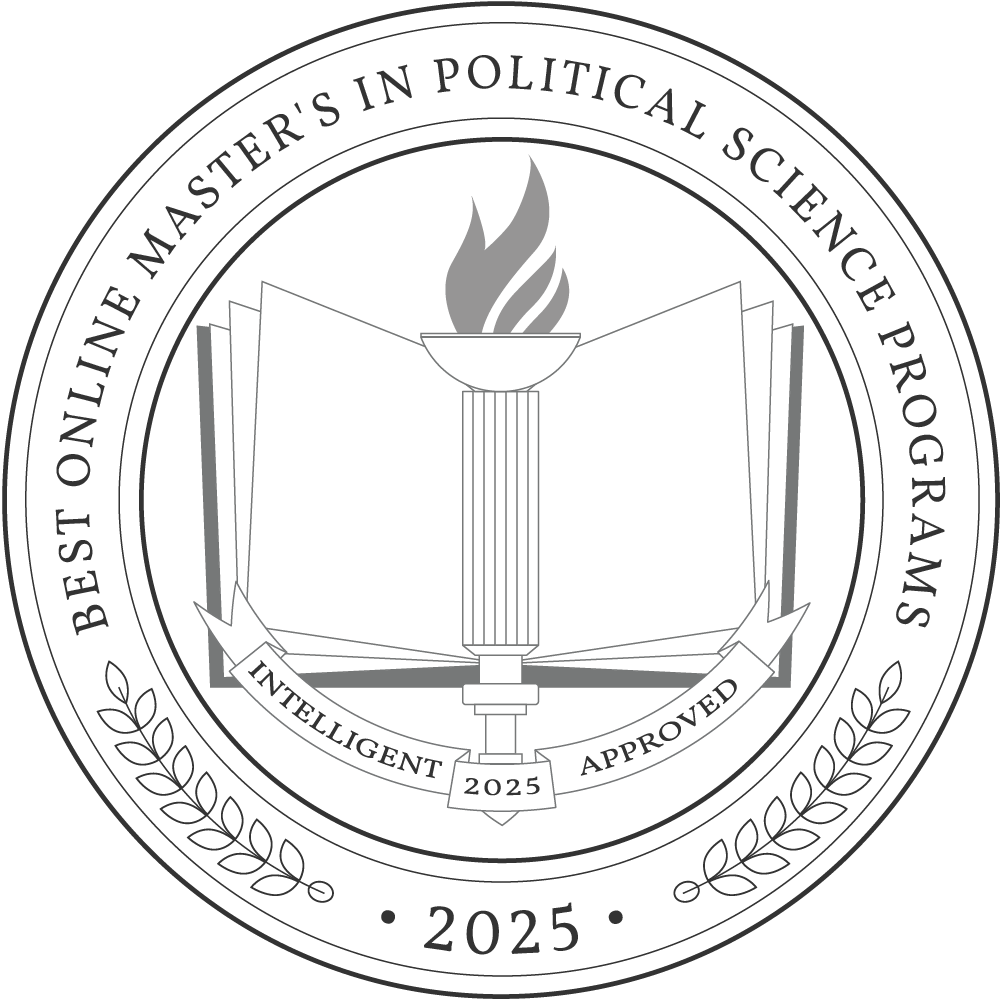A master’s in political science prepares students for many different careers, including political analyst, political consultant, legislative assistant, social media manager, and market research analyst. Not only that, but because the skills in this degree are transferable, graduates can also pursue jobs in business, advocacy, journalism, education, law, non-profits, international affairs, and more.
According to the Bureau of Labor Statistics, the median annual pay for a political scientist is $128,020. And according to the National Center for Education Statistics, the average tuition for graduate school is $12,596 at public universities and $28,017 at private universities. Students who study full-time can typically complete an online master’s degree in political science in two years, but online programs can sometimes be completed in less time.
We interviewed Blanca Villagomez, a program counselor and coordinator at UC-Irvine, for her expert advice on selecting a master’s degree program, making your application stand out, and securing funding through scholarships, grants, and financial aid.
Why Trust Us
The Intelligent.com Higher Education Team is dedicated to providing students with independent, equitable school and program rankings and well-researched resources. Our expert-driven articles cover topics related to online colleges and programs, paying for school, and career outlooks. We use data from the U.S. Department of Education’s College Scorecard, the National Center for Education Statistics, and other reputable educational and professional organizations. Our academic advisory team reviews content and verifies accuracy throughout the year for the most current information. Partnerships do not influence rankings or editorial decisions.
- Analyzed over 2,000 national, accredited, and nonprofit colleges and universities
- 800+ rankings pages are reviewed and updated yearly
- Content is informed by reputable sources, surveys, and interviews with academic advisors and other experts
- Over 100 data points are reviewed for accuracy and quality throughout the year, including sources
How we rank schools
Our list features the best online Master’s in Political Science degree programs at top colleges nationwide. Each school featured is a nonprofit, accredited institution — either public or private — with a high standard of academic quality for post-secondary institutions.
We evaluated each school’s program on tuition costs, admission, retention and graduation rates, faculty, reputation, and the student resources provided for online students. We collected data from trusted sources like the National Center for Education Statistics, individual school and program websites, school admissions counselors, and other data sources. Then, we calculated the Intelligent Score on a scale of 0 to 100 based on the following criterion:
Academic Quality:
- Admission rate versus enrollment rate
- Retention rate of students who return after year one
- Accreditation status (regional and programmatic)
- Nonprofit status, both private and public institutions
Graduation Rate
- Overall graduation rate
- Total number of currently enrolled students, including diversity metrics
- Student-to-faculty ratio
Cost and ROI
- In-state and out-of-state per-credit tuition rates and fees
- Required credits to graduate
- Earning potential after graduation
- Availability of federal student loans, scholarships, and other financial aid options
Student Resources
- Available student services for online-only and hybrid programs
- On-campus amenities like tutoring centers and the number of libraries
Read more about our ranking methodology.
Best 12 Accredited Online Master’s in Political Science Programs
FiltersInstitution Type
Status
- Intelligent Score
- Alphabetically By University Name
- Acceptance Rate
- Enrollment
- In-state Graduate Tuition
- Out-of-state Graduate Tuition
- In-state Undergraduate Tuition
- Out-of-state Undergraduate Tuition

University of Illinois Springfield
Intelligent Score: 99.59In-state: $14,317
Out-of-state: $33,824
In-state: $15,016
Out-of-state: $15,016
SAT: 1200-1460
ACT: 27-33
In-State: $332
Out-of-State: $681
Online, On-Campus
Higher Learning Commission
40

Sam Houston State University
Intelligent Score: 99.40In-state: $5,856
Out-of-state: $15,672
In-state: $5,765
Out-of-state: $5,765
SAT: 970-1120
ACT: 18-23
Texas-based Sam Houston State University offers a comprehensive online Master of Arts in Political Science program designed for recent college graduates and seasoned professionals alike. One of the program’s unique factors is the choice between a non-thesis option (more coursework and written comprehensive exams) and a thesis option (less coursework and a written thesis). Opportunities that the program prepares students for include doctoral studies, law school, community college instructorships, and careers or advancement in nonprofit organizations. The program features small class sizes and faculty who are distinguished in their fields, including Fulbright scholars, authors, and researchers. In addition to financial aid, merit scholarships are available.
$320
Online
Southern Association of Colleges and Schools Commission on Colleges
30-36
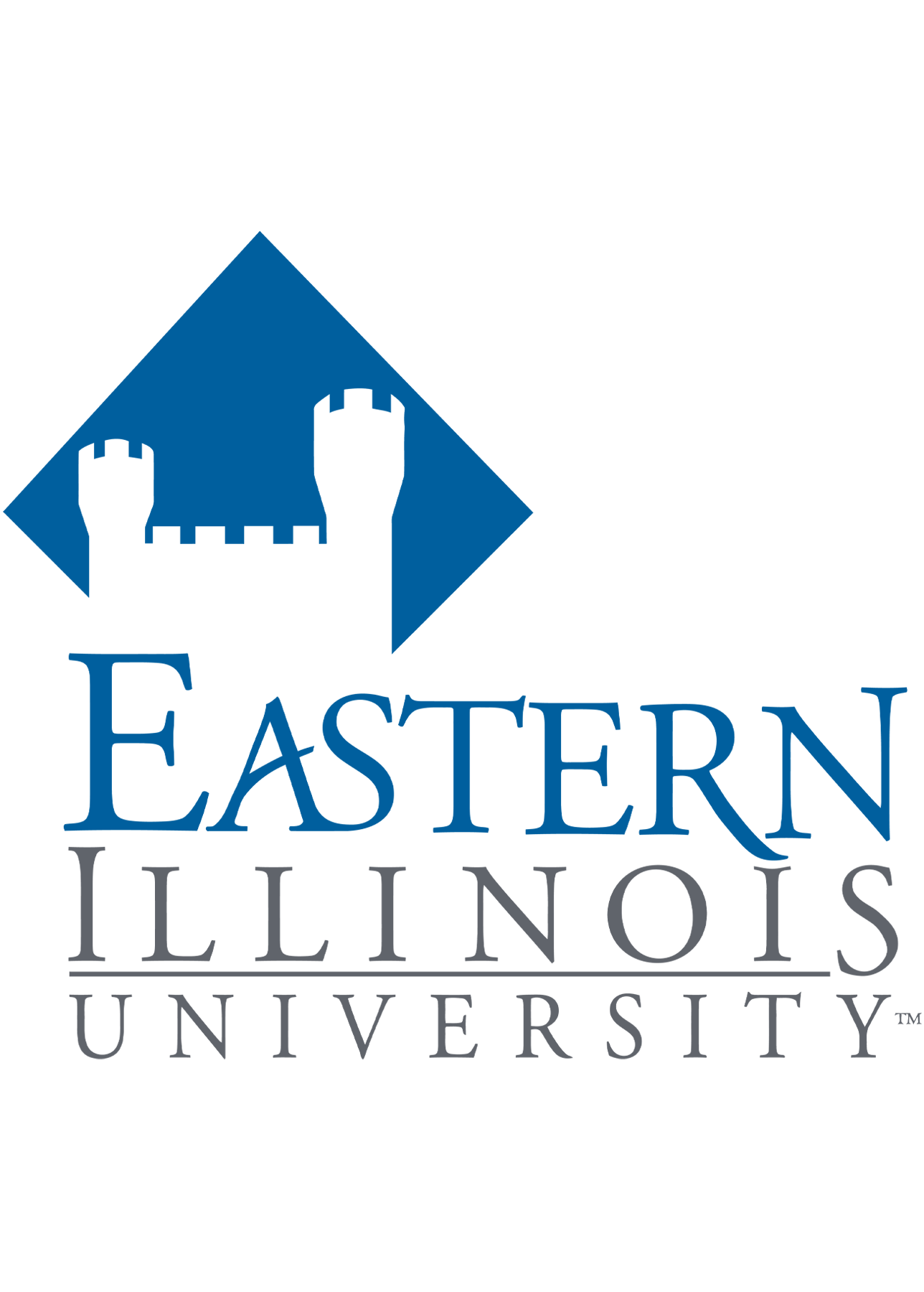
Eastern Illinois University
Intelligent Score: 99.38In-state: $9,036
Out-of-state: $11,231
In-state: $7,503
Out-of-state: $7,503
SAT: 960-1140
ACT: 18-23
Eastern Illinois University offers a flexible Master of Arts in Political Science with an option in Public Administration & Public Policy. A unique facet of the program is that it can be completed in one year. The program prepares students for careers in government, nonprofit management, urban planning, public policy, and more. It embraces mentoring, so faculty are easily accessible via email, video chat, and phone. Internships and independent studies are also encouraged. Also distinctive to the program is that while Eastern Illinois is a public university, online students pay the same tuition regardless of in-state or out-of-state residency. Merit scholarships are available to all graduate students, including online and international.
$344
Online
Higher Learning Commission
32

Georgia State University
Intelligent Score: 97.65In-state: $7,158
Out-of-state: $22,389
In-state: $7,164
Out-of-state: $7,164
SAT: 1030-1260
ACT: 20-26
In-State: $398
Out-of-State: $1,259
Online
Southern Association of Colleges and Schools Commission on Colleges
30

Liberty University
Intelligent Score: 95.99In-state: $14,791
Out-of-state: $14,791
In-state: $7,935
Out-of-state: $7,935
SAT: 1040-1250
ACT: 21-29
$565
Online
Southern Association of Colleges and Schools Commission on Colleges
36
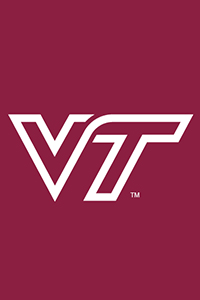
Virginia Tech
Intelligent Score: 95.20In-state: $32,274
Out-of-state: $36,090
In-state: $44,444
Out-of-state: $44,444
SAT: 1210-1410
ACT: 26-32
In-State: $969
Out-of-State: $1,884
Online, On-Campus
Higher Learning Commission
30
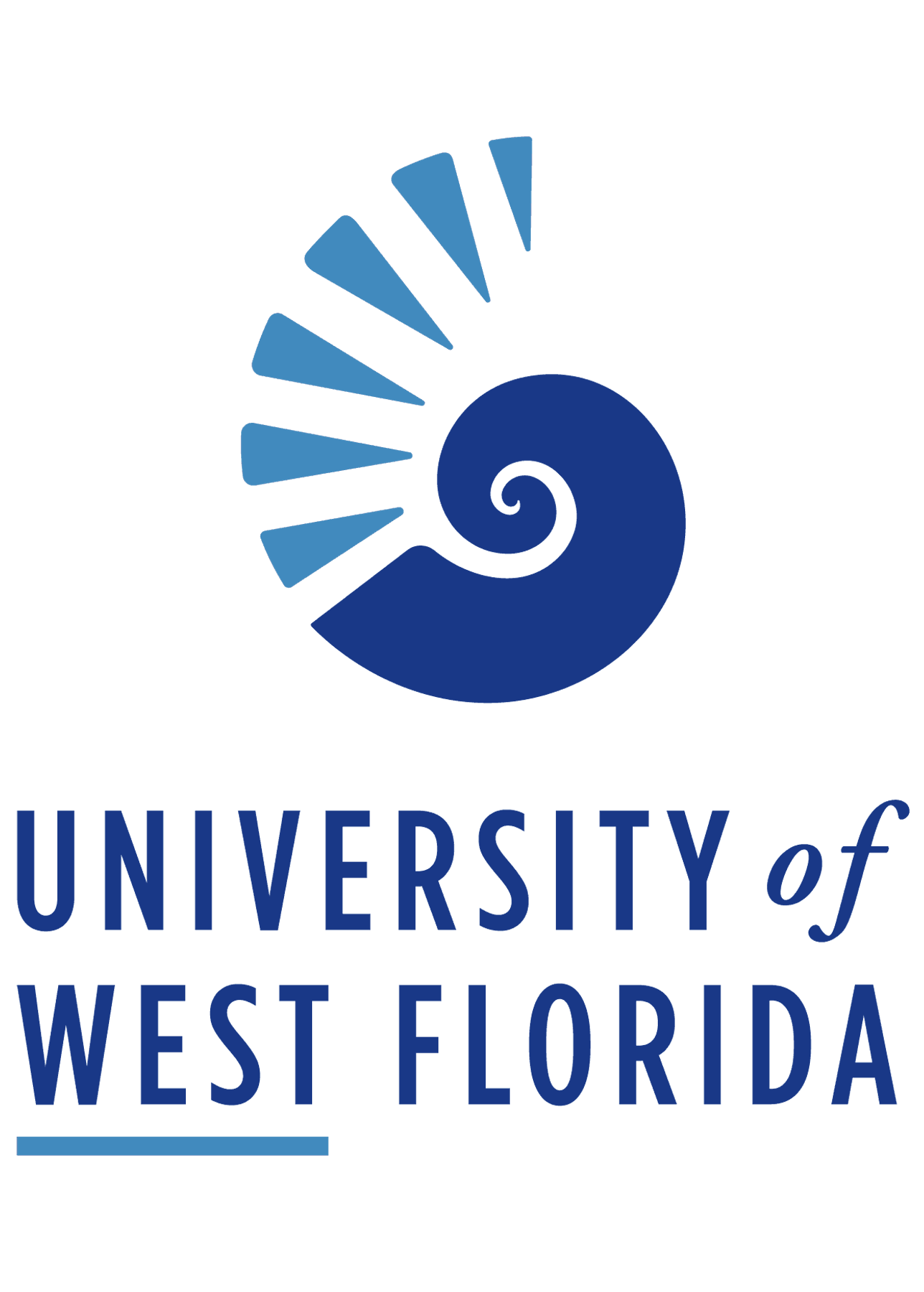
University of West Florida
Intelligent Score: 95.10In-state: $3,735
Out-of-state: $16,004
In-state: $7,088
Out-of-state: $7,088
SAT: 1060-1230
ACT: 21-27
The University of West Florida offers an online Master of Arts in Political Science that is writing and research-intensive. The program is synchronous in course delivery, and students are required to attend lectures in real-time video conferencing. It takes about two years to complete the program, and students have the option of completing a thesis paper or a comprehensive written and oral examination at the end. Graduates have gone on to doctoral study and careers as political scientists, high school and postsecondary teachers, and survey researchers. In addition to having a bachelor’s degree, applicants should have strong reading, analytic, and communication skills. A sample research paper is required with your application.
In-State: $384
Out-of-State: $1,044
Online
Southern Association of Colleges and Schools Commission on Colleges
33

Fort Hays State University
Intelligent Score: 94.96In-state: $4,140
Out-of-state: $14,580
In-state: $3,726
Out-of-state: $3,726
SAT: N/A
ACT: N/A
$319
Online
Higher Learning Commission
31

Sul Ross State University
Intelligent Score: 94.87In-state: $6,547
Out-of-state: $18,817
In-state: $4,162
Out-of-state: $4,162
SAT: 850-1047
ACT: 15-21
$370
Online
Southern Association of Colleges and Schools Commission on Colleges
30
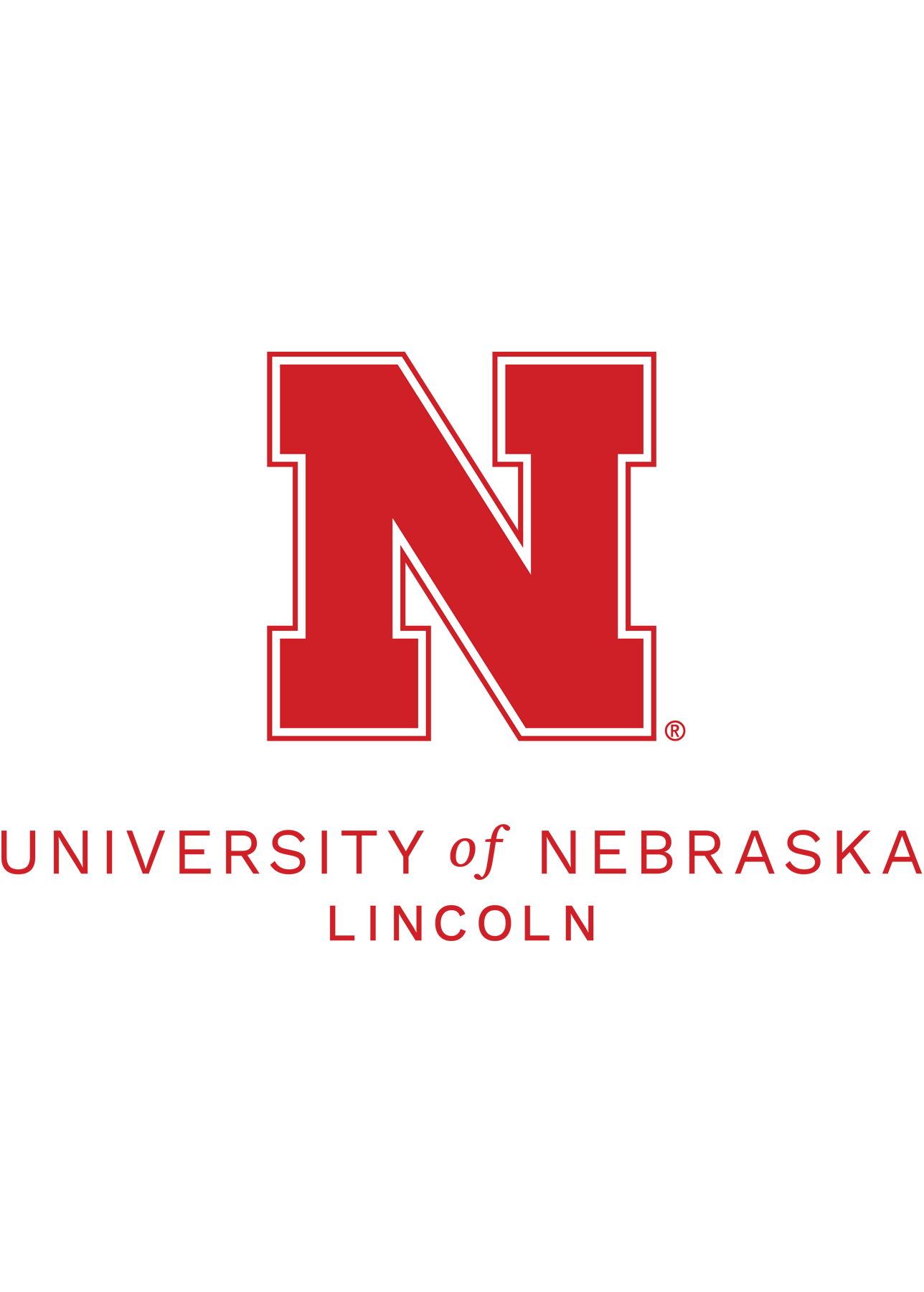
University of Nebraska Omaha
Intelligent Score: 92.51In-state: $7,770
Out-of-state: $24,900
In-state: $6,138
Out-of-state: $6,138
SAT: 1110-1320
ACT: 22-28
Customization is the foundation of the University of Nebraska Omaha’s online Master of Science in Political Science. Students can add a specialized concentration or certificate to their master’s degree, including a concentration in international affairs or a certificate in intelligence and national security. The majority of students are working professionals who take about three years to complete the program part-time. In addition to highly accessible faculty, each student has a point person for advising and other needs. Some graduates go on to doctoral study, sometimes staying at Nebraska for their program. The university has been recognized by the Carnegie Foundation for the Advancement of Teaching as one of just 88 American higher education institutions classified as a doctoral/research university (out of the 4,000 academic institutions it categorizes).
In-State: $388
Out-of-State: $820
Online, On-Campus
Higher Learning Commission
30

Indiana University
Intelligent Score: 89.63In-state: $9,815
Out-of-state: $36,194
In-state: $9,786
Out-of-state: $9,786
SAT: 1120-1350
ACT: 24-31
In-State: $350
Out-of-State: $490
Online
Higher Learning Commission
30

Western Michigan University
Intelligent Score: 88.94In-state: $12,094
Out-of-state: $15,118
In-state: $16,360
Out-of-state: $16,360
SAT: 1010-1220
ACT: 20-27
$764
Online
Higher Learning Commission
30
How to Choose an Online Master’s in Political Science Program
Choose your area of study
As a social science-related field, political science programs usually award graduate students a Master of Arts (MA). Many programs allow you to select a concentration and focus your studies on a particular niche in this field, such as public policy, urban politics, or human rights. If you already know what you would like to do after you graduate, look for programs that closely match your specific career goals.
“Once students have clarity on what types of programs they’re seeking, they can develop a list of custom filters to narrow down options,” says Villagomez. “Since hundreds of master’s degree programs are available, having a clear set of parameters will make the research process much smoother. Some examples of filters include curriculum requirements, duration of program, faculty reputation and ranking, and professional development opportunities offered.”
Research schools and programs
You should only apply to institutions that have been approved by a DOE-recognized regional accrediting organization, such as the New England Commission of Higher Education or Northwest Commission on Colleges and Universities. These organizations evaluate schools to ensure they provide students with a high-quality education. Those who attend a school that isn’t regionally accredited may be unable to access financial aid or transfer credits to another institution if needed.
Other questions to ask include:
- What is the total cost of the program? Knowing what your budget is can help you eliminate schools that cost more than you can afford.
- Where is the school located? While many programs are available entirely online, others have a hybrid option. This offers students opportunities to get to know their fellow students and instructors better, and they can also participate in on-campus events, student clubs and organizations, mentorship programs, and other activities.
- What is the start date of the program? At some schools, online and on-campus programs begin at the same time. Others offer several start dates throughout the year for online students.
To learn more about any schools that you’re interested in, you can visit the school’s website, contact an admissions counselor, follow the school on social media, or attend an in-person or virtual open house.
Prepare for tests and applications
Application requirements vary by school and program. Students will usually need to provide transcripts confirming that they completed a bachelor’s degree from an accredited college or university. Schools may also have minimum requirements for undergraduate GPA. Other common requirements include one or more letters of recommendation, a resume, and a personal statement explaining why you want to earn this degree. GRE scores may also be required.
“The keys to preparing for the college application process are self-reflection, skill-building, understanding a school’s admission requirements, and staying organized,” says Villagomez. “Through continuous self-reflection, students can feel more confident and grounded to tackle the application process, track their progress, and accomplish their goals. Additionally, practicing reflection in these early stages will help students prepare to write strong college admissions essays, requiring them to showcase their strong writing skills, synthesize their experiences, and highlight lessons learned.”
Before submitting an application, always contact an admissions counselor to ensure you have the most accurate information regarding requirements and deadlines.
Select your program
When selecting a program, carefully consider all the features of each one. Decide which elements are most important to you, and make a list, in order of preference, of the programs you’d like to enroll in. It’s a good idea to submit applications to all the schools on your list to improve your odds of acceptance.
Before making your final decision, review your needs and goals again. Do you plan to attend school full-time or part-time? Are you only interested in 100% online programs, or are you fine with a hybrid program that has a few in-person requirements? Some programs offer asynchronous courses, which can be completed at your own pace, while others only offer synchronous courses, which involve remotely attending lectures and completing assignments at the same time as other students — which of these two online learning formats do you prefer? Your school should accommodate your scheduling needs and learning preferences.
Determine how you’ll pay for your degree
Scholarships may be offered by the university or other organizations. Also, be sure to submit the Free Application for Federal Student Aid (FAFSA) to determine your eligibility for federal loans and grants.“Submit the FAFSA application and any others, such as your state’s Dream Act application, well ahead of deadlines to ensure your information is reviewed promptly,” Villagomez advises. “Depending on your family’s income, your income, and other financial factors, you may receive a generous financial aid package or have to rely more on loans and out-of-pocket contributions.”
There may be work-study programs available, and if you have room in your schedule, a part-time job can help cover the costs. Those who already work in the field should see if their employer offers tuition assistance benefits as well.
Be sure to speak to financial aid counselors at the schools you’re interested in for the most accurate and specific information about program cost.
What Can You Expect from an Online Master’s in Political Science Program?
Degrees in political science and government go by different names, depending on the university. Regardless of the specific title, you can expect to delve into such topics as political theory, American politics, international politics, research methods, civil war, international law, and energy policy. Many programs can be completed entirely online, with no on-campus classes required.
When taking an online degree program, students receive course materials via an online learning platform, like Canvas, Blackboard, or Moodle. This is also where students can access their course syllabi, submit assignments, and connect with fellow students and instructors through chat forums and message boards.
Potential courses you’ll take in an online master’s in political science degree program
- Comparative politics. In this course, students compare and analyze different political systems. Similarities and differences of various governmental systems are considered as well as their structures and operations.
- American politics. This course discusses the history and evolution of the American political system, from its inception in colonial times to modern-day practices. It covers the three branches of government and the balance of power between them, elections, political parties, civic engagement, and more.
- Research methods. Students learn various philosophical and methodological approaches to applied research, skills which help them develop their analytical skills. They also learn how to analyze and critique applied research in public affairs and policy.
- Political theory. The ideas of political theorists, such as Plato, Socrates, Cicero, and St. Augustine, are examined in this course. Students learn how the concepts of justice, human nature, and religion have influenced political thought and governments throughout history.
What Can You Do With an Online Master’s in Political Science?
Career outlook
Earning a master’s degree in political science opens doors to a variety of impactful and dynamic career opportunities. With a deep understanding of political systems, policy analysis, and research methodologies, graduates are well-equipped to navigate diverse sectors. This advanced degree enhances critical thinking skills and positions individuals for influential roles that contribute to societal change and governance.
Here are some potential positions open to those with a master’s degree in political science:
- Political scientist — Research political subjects, monitor current events, and provide analysis to organizations such as government agencies, political parties, and labor unions.
- Median annual salary: $128,020
- Projected employment growth (through 2032): 7%
- New job openings projected: 600 annually
- News analyst, reporter, or journalist — Research topics, conduct interviews, and write stories to keep the public updated on noteworthy information.
- Median annual salary: $55,960
- Projected employment growth (through 2032): -3%
- New job openings projected: 6,000 annually
- Historian — Research, analyze, and write about historical figures and events.
- Median annual salary: $64,540
- Projected employment growth (through 2032): 3%
- New job openings projected: 300 annually
Online Master’s in Political Science Frequently Asked Questions
How do I apply to an online master’s in political science degree program?
Generally, students can apply to an online master’s in political science program regardless of the type of bachelor’s degree they earned. Most political science programs require that applicants have a GPA of at least 3.0, and transcripts should be submitted along with letters of recommendation, your resume, and a personal statement if required. Those with a lower GPA may be admitted on a per-case basis. In any case, be sure to speak with an admissions counselor before applying.
How much does an online master’s in political science degree cost?
A master’s in political science can cost anywhere between $9,000 to $23,000 in total tuition. Expect additional expenses for books, software, and other technology-related items.
How long does it take to earn an online master’s in political science degree?
A master’s in political science, depending on the school, requires 30-40 credit hours. Most programs take one-and-a-half to two years to complete for full-time students. With part-time study, it can take up to four years.
Is an online master's in political science degree worth it?
Earning an online degree in political science is valuable for individuals passionate about understanding political systems and contributing to societal change. Graduates are prepared for careers in government, advocacy, research, and more.
The earning potential for those with an online degree in political science is competitive, with many professionals in this field earning six-figure salaries. The diverse skill set acquired during the program, including research, analysis, and communication, positions graduates for success in roles that impact policy, governance, and public discourse.
One of the key benefits of earning a degree online is the flexibility it offers. Online programs allow students to balance their education with work or other commitments, providing access to quality education without geographical constraints. This flexibility enhances opportunities for career growth and advancement.
Read More about Online Master’s in Political Science Degrees
Compare School Options
Related Degrees
- Writing
- Social Work
- Media Communication
- Library Science
- Art and Art History
- Anthropology
- Journalism
- Social Studies
- General Studies
- Political Science
